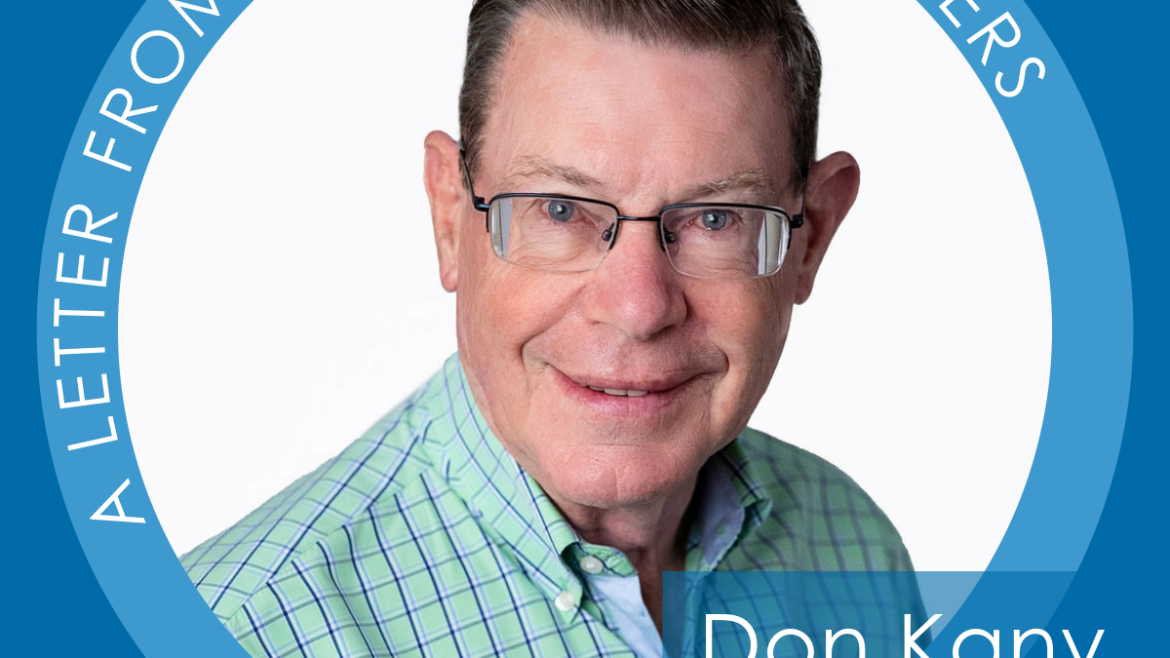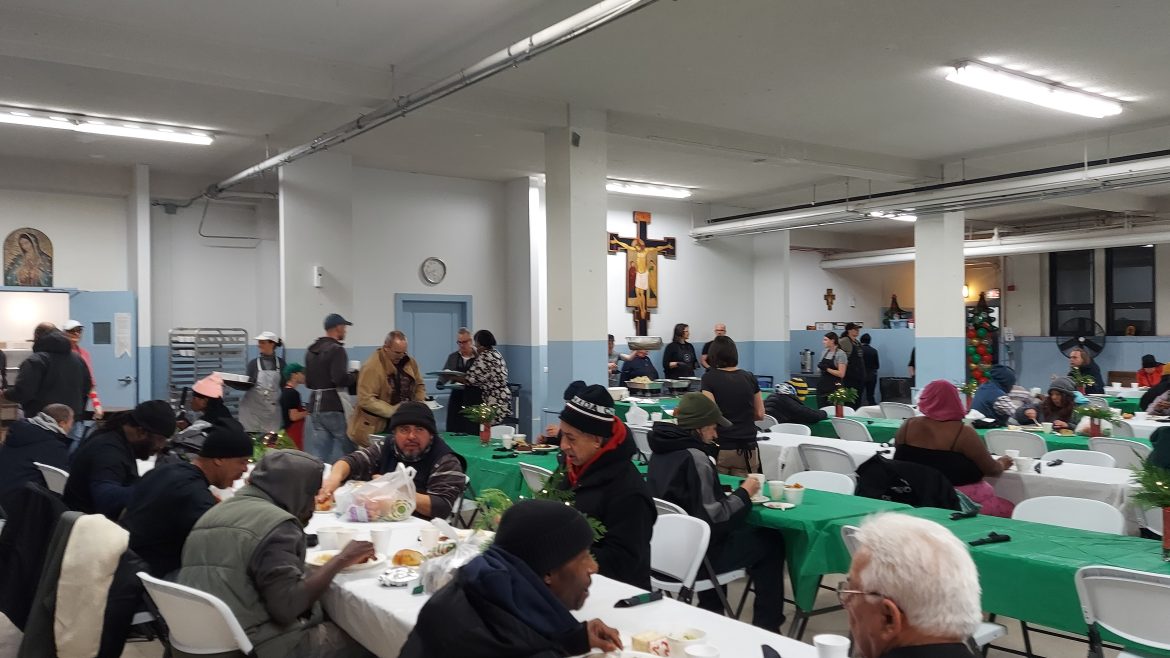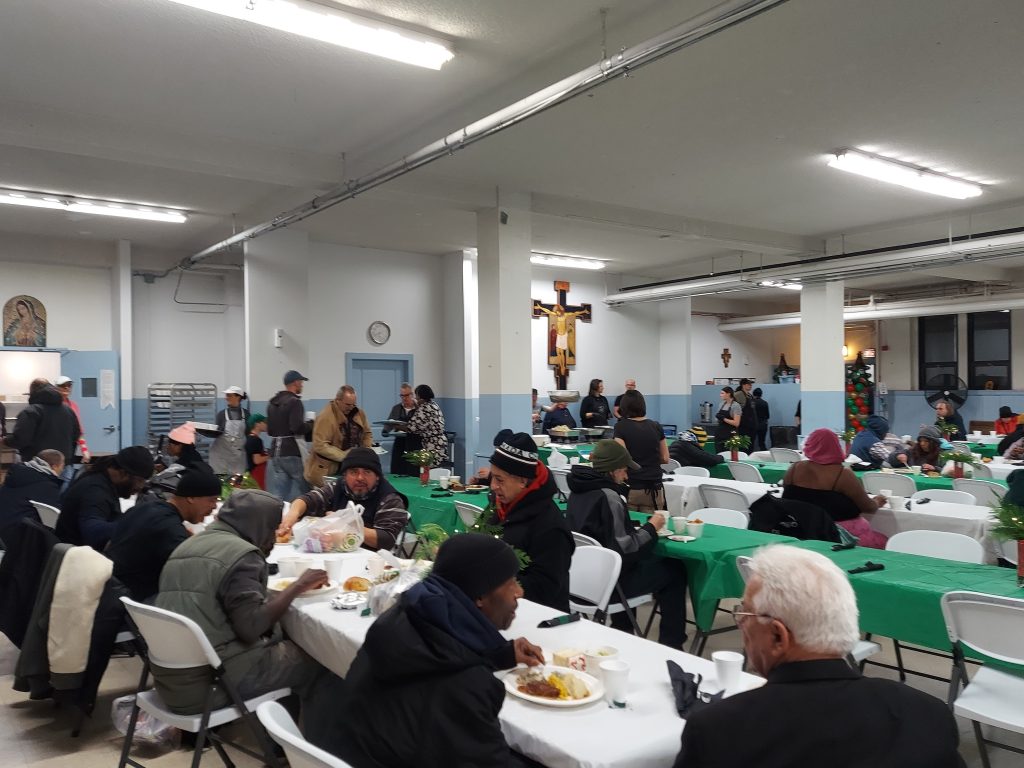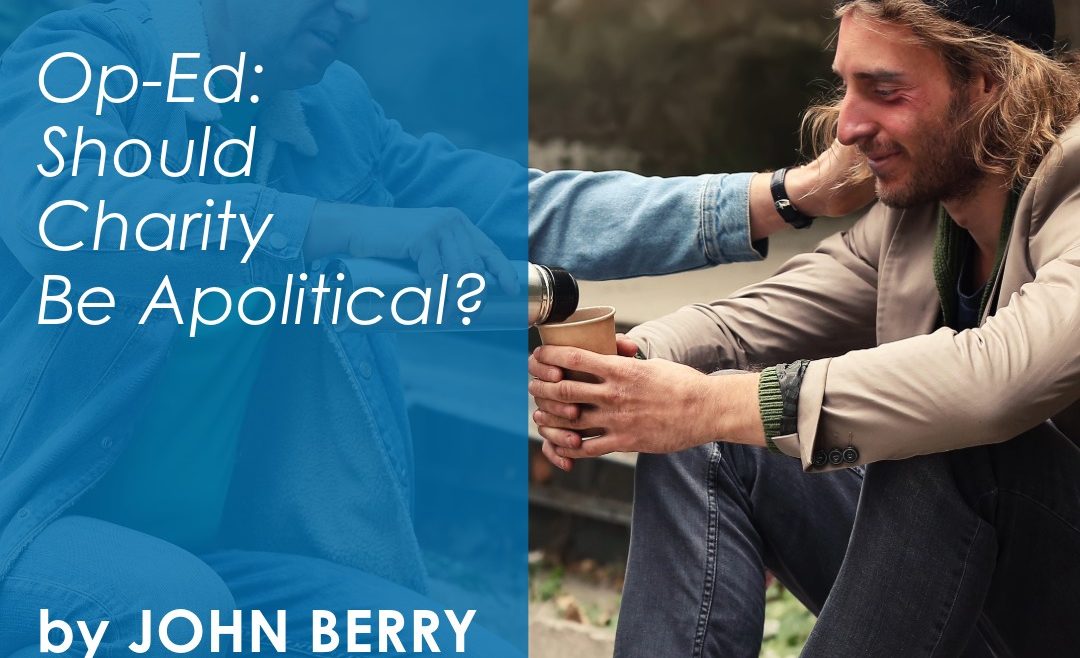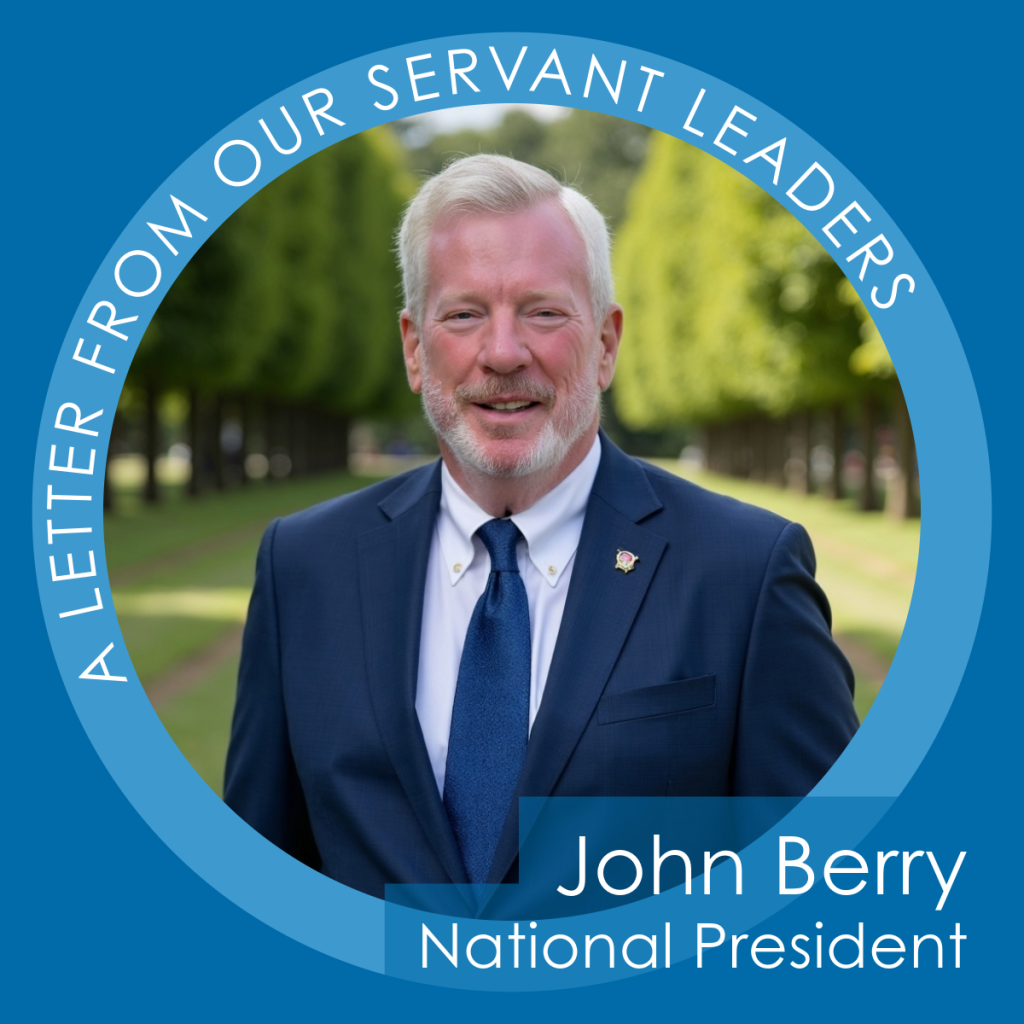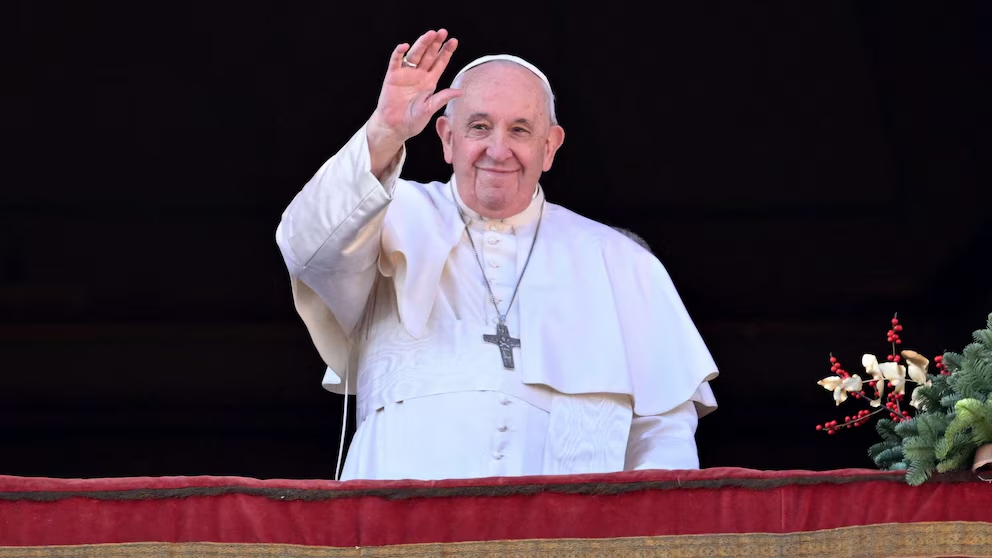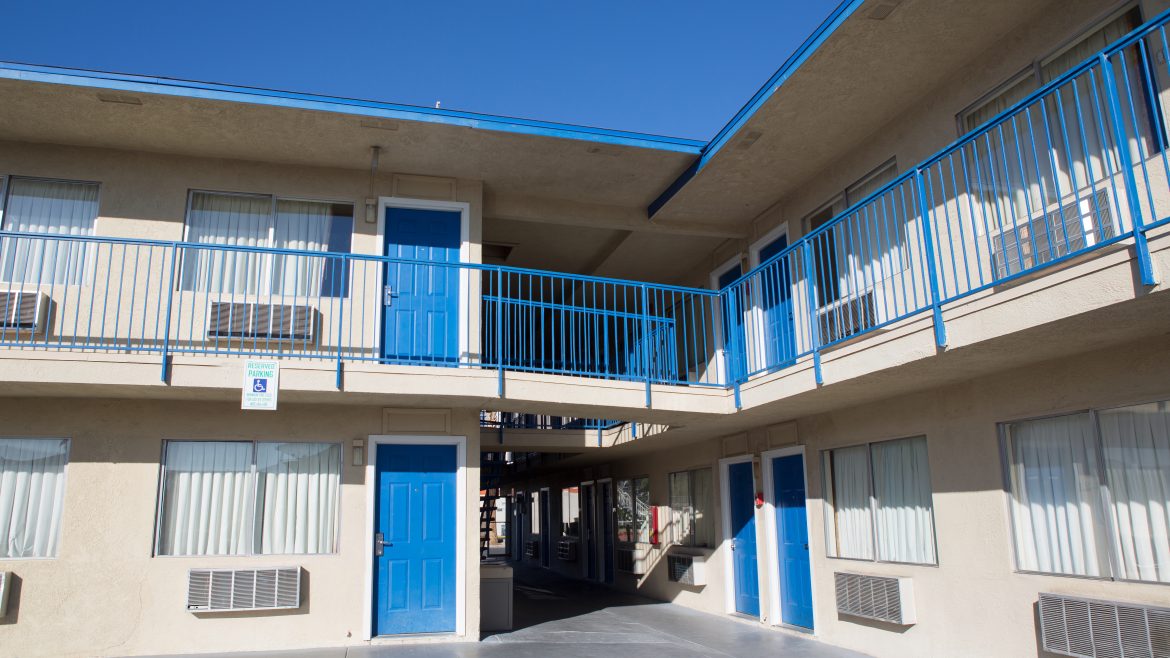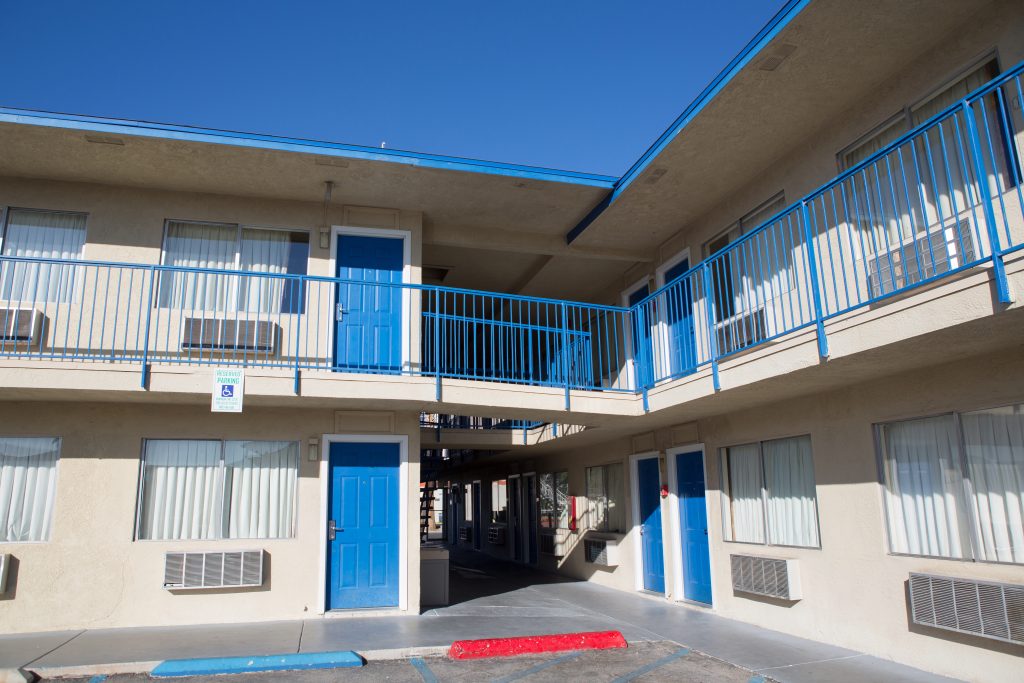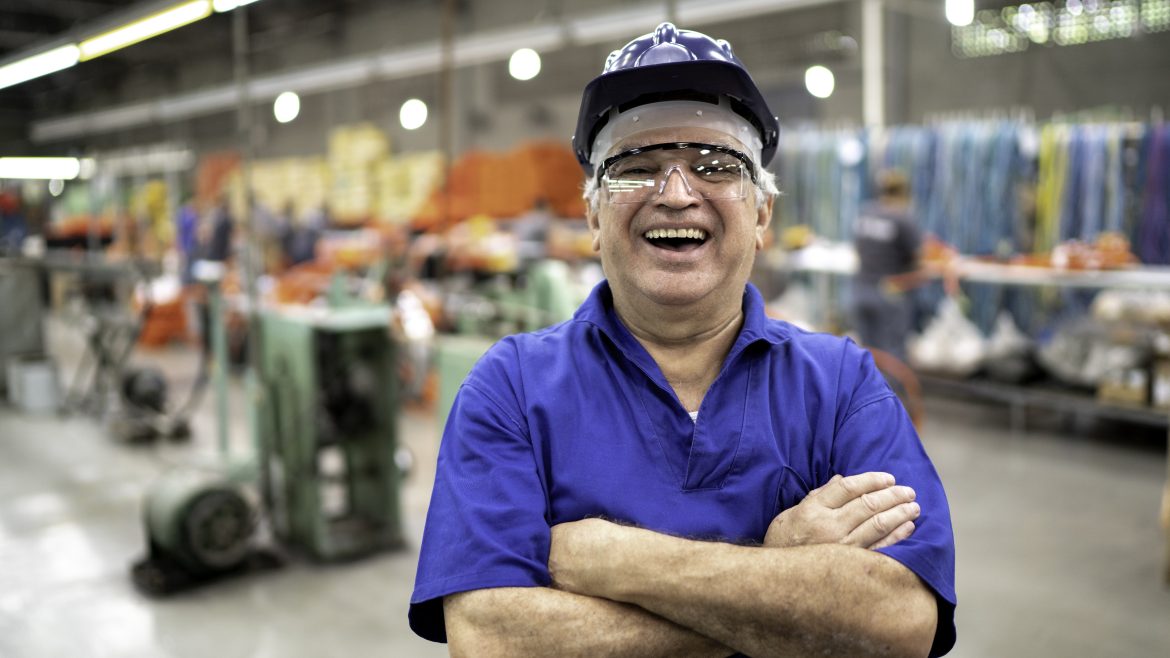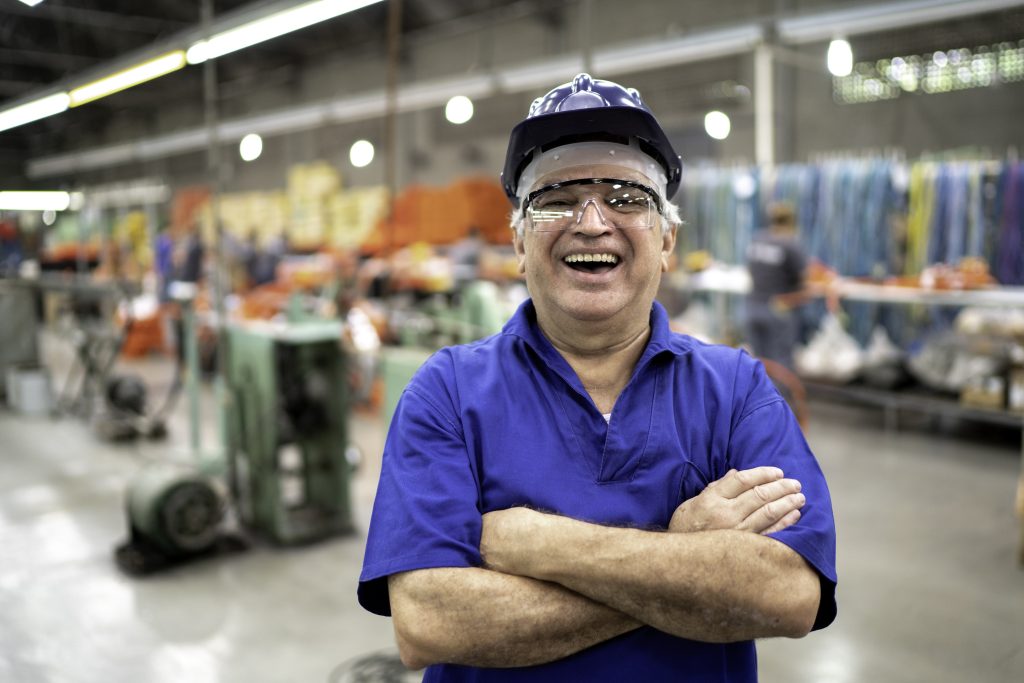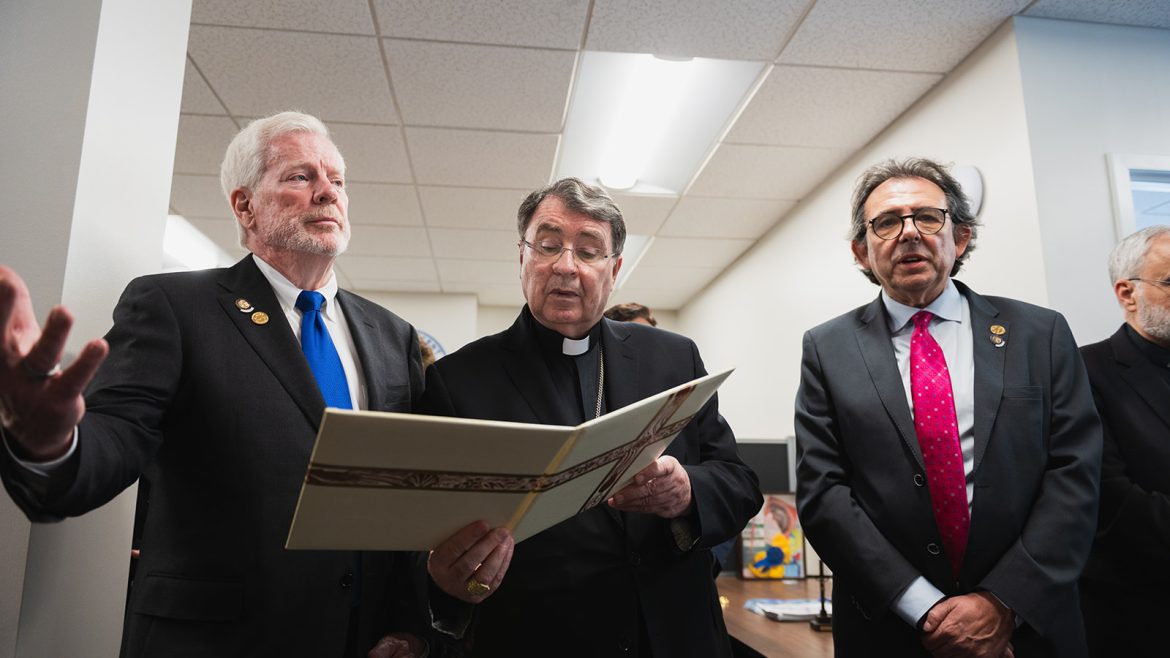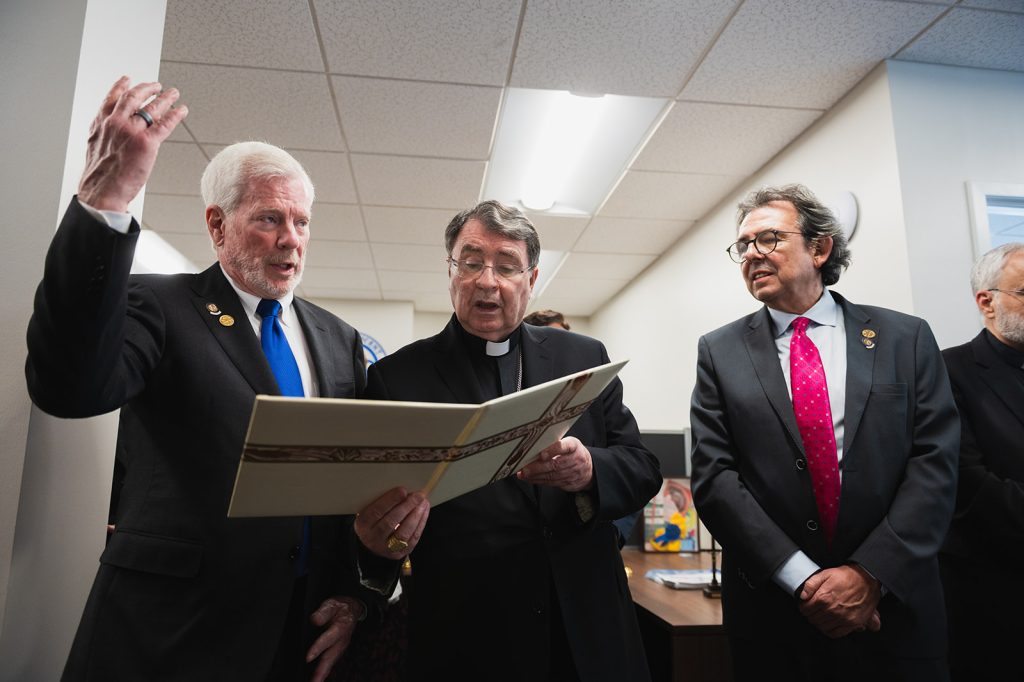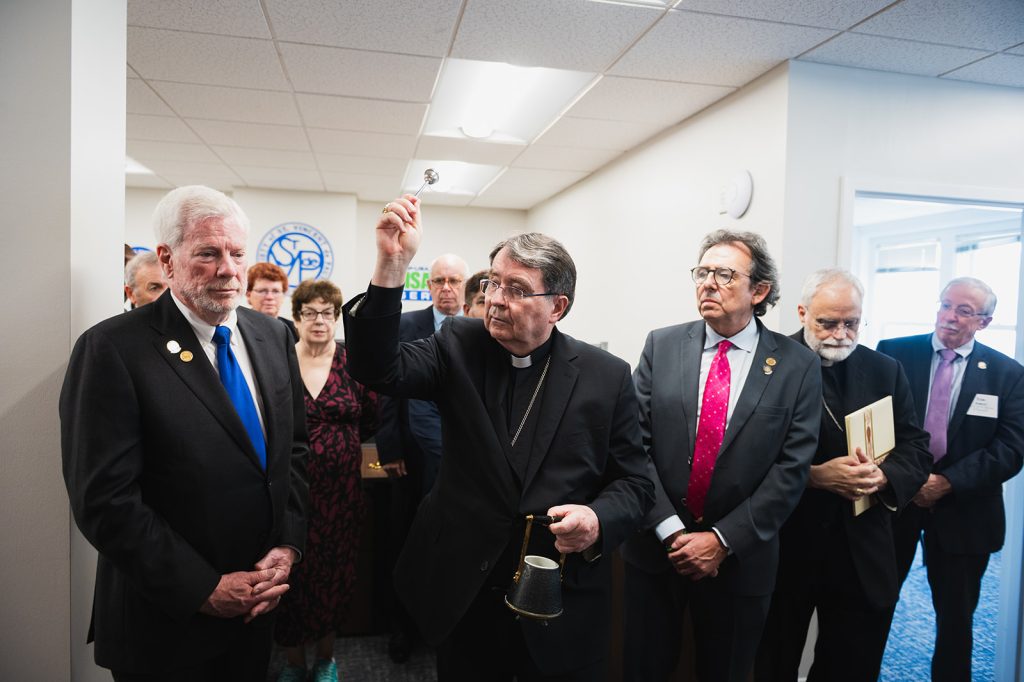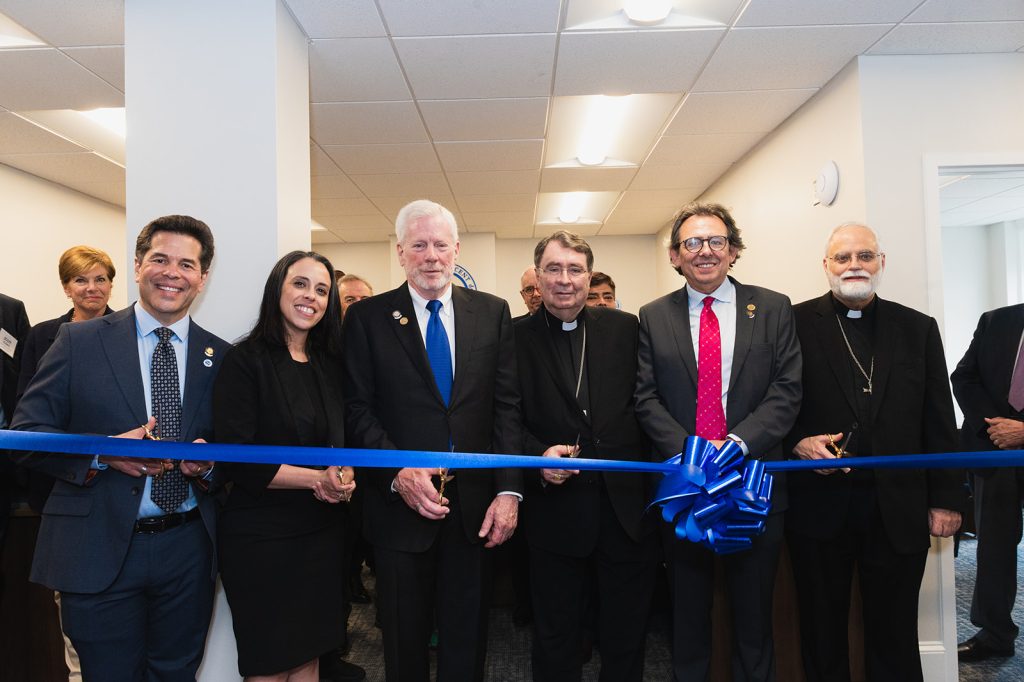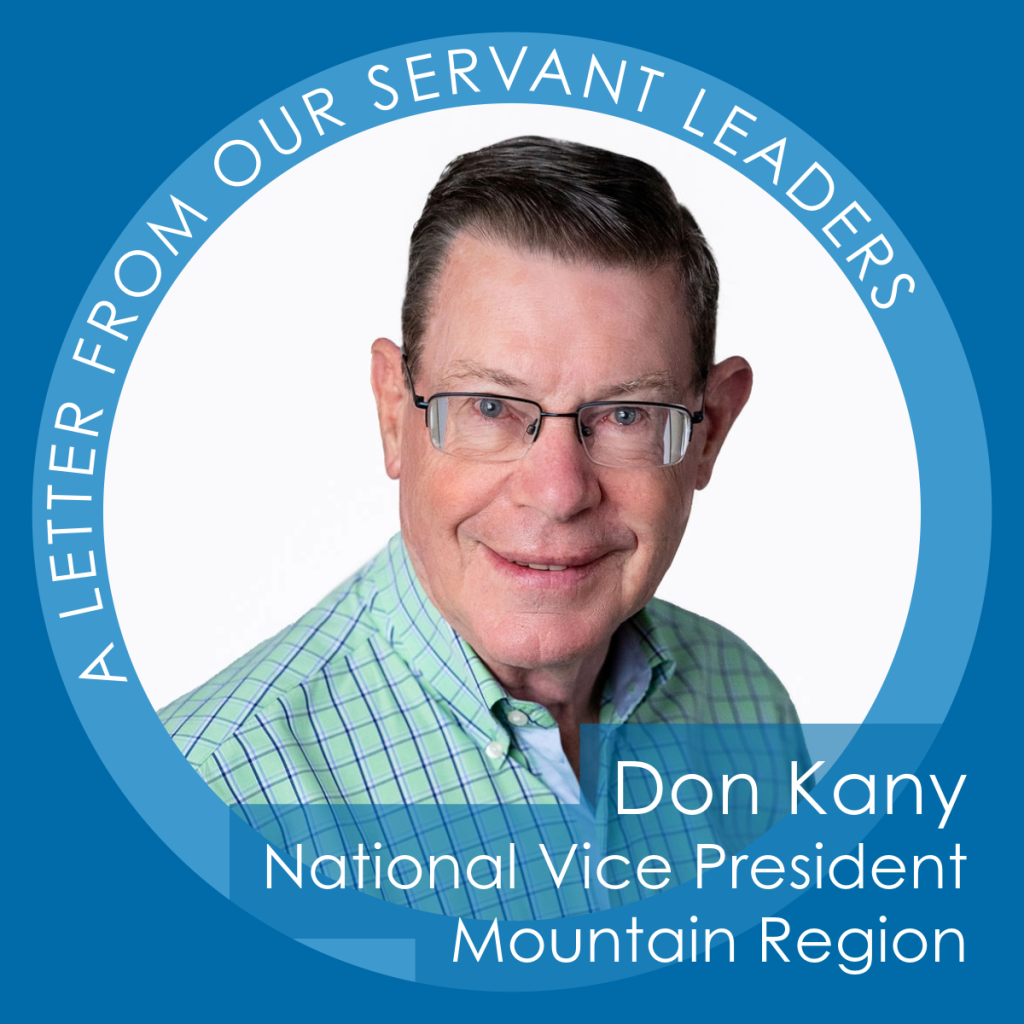 Often when explaining what the Society of St. Vincent de Paul is, I use the 3-legged milk stool as an analogy. Our purpose is to grow in holiness, in service to the poor, and in friendship. Those are our essential elements.
Often when explaining what the Society of St. Vincent de Paul is, I use the 3-legged milk stool as an analogy. Our purpose is to grow in holiness, in service to the poor, and in friendship. Those are our essential elements.
I’m woefully lacking in spirituality so that’s an area where I can improve the most. Friendship is where I am most comfortable. Servant Leaders spend much of their time with other Vincentians. We have the opportunity to offer a smile, to be welcoming, and to listen to and value their opinions.
One of the things I learned at Invitation for Renewal (a very powerful experience that I suggest every Vincentian consider) is that our founder Blessed Frederic, guided by Sr. Rosalie, organized a discussion club that became a Society of Charity! Today, other clubs use the term “fellowship” to refer to mutually supportive gatherings and friendship building activities.
In my Conference, Vincentians and their spouses have dinner and a cocktail hour twice a year to socialize with no other agenda. When I was Council President, we would host these dinners after the holidays to share our decorations and again on the patio in the summer. My wife Susan was called the “hostess with the mostest” because she picked a theme (think Italian, Mexican, Greek) and the food would reflect it. I did what was allowed — greeter and bartender!
I’m also reminded of friends who became Vincentians because I invited them. Friendship is so powerful. Don’t we gravitate toward those who have values, interests, religion, and locations that are similar to ours? My friends wouldn’t invite me to a hockey or soccer game, but they ALL know I’m a Dodgers fan.
Jesus shows us how: “greater love hath no man than this, that a man lay down his life for his friends.” As I work on growing in holiness and service, I quote our friend Joe: “Friendship is the glue that keeps the other two elements together so that we are cohesive.” In the coming months, may we each go out of our way to spread friendship, and increase our service and grow in holiness!
In God’s plan, we all have strengths. I think one of mine is friendship. Have you thought about yours?
Don Kany
National Vice President, Mountain Region

